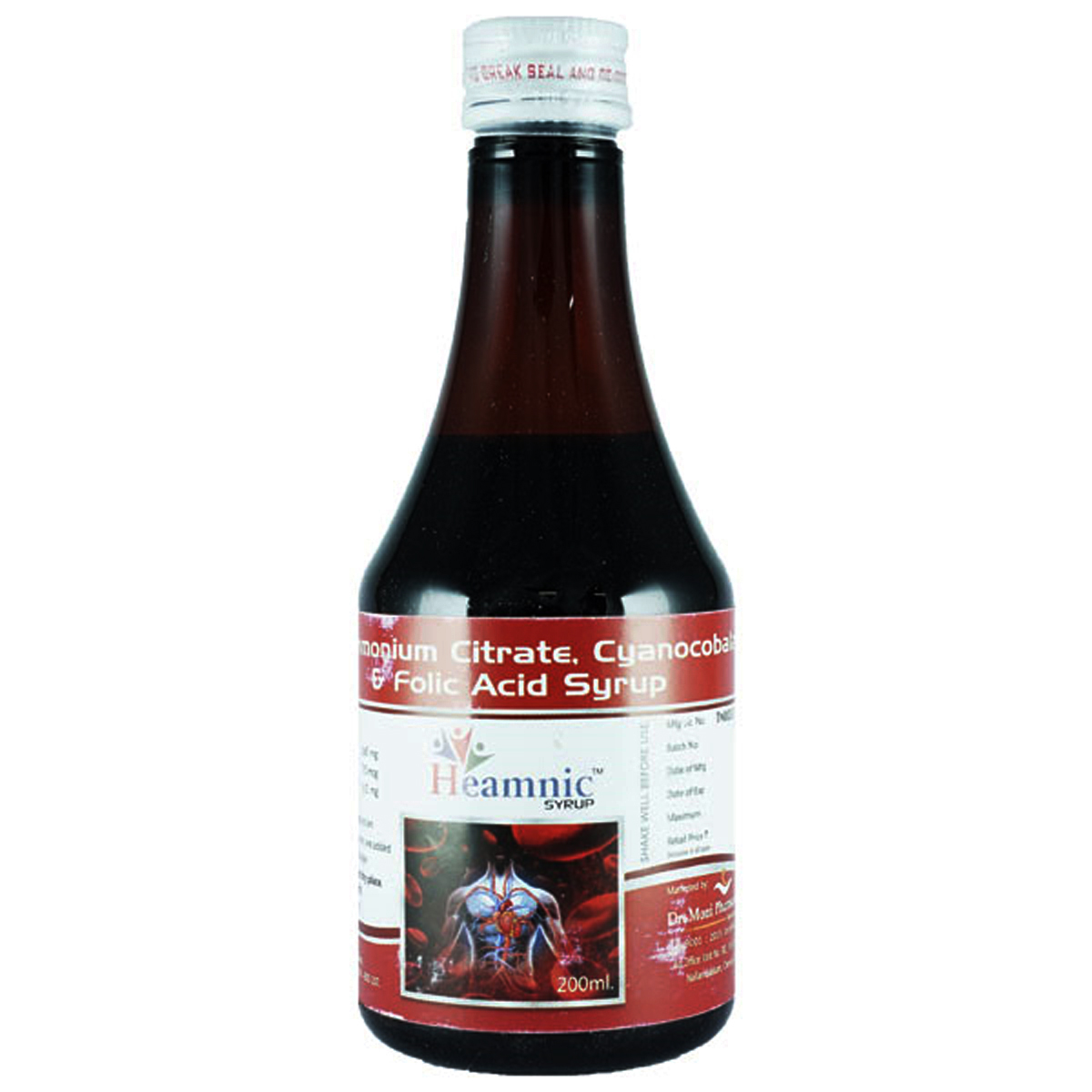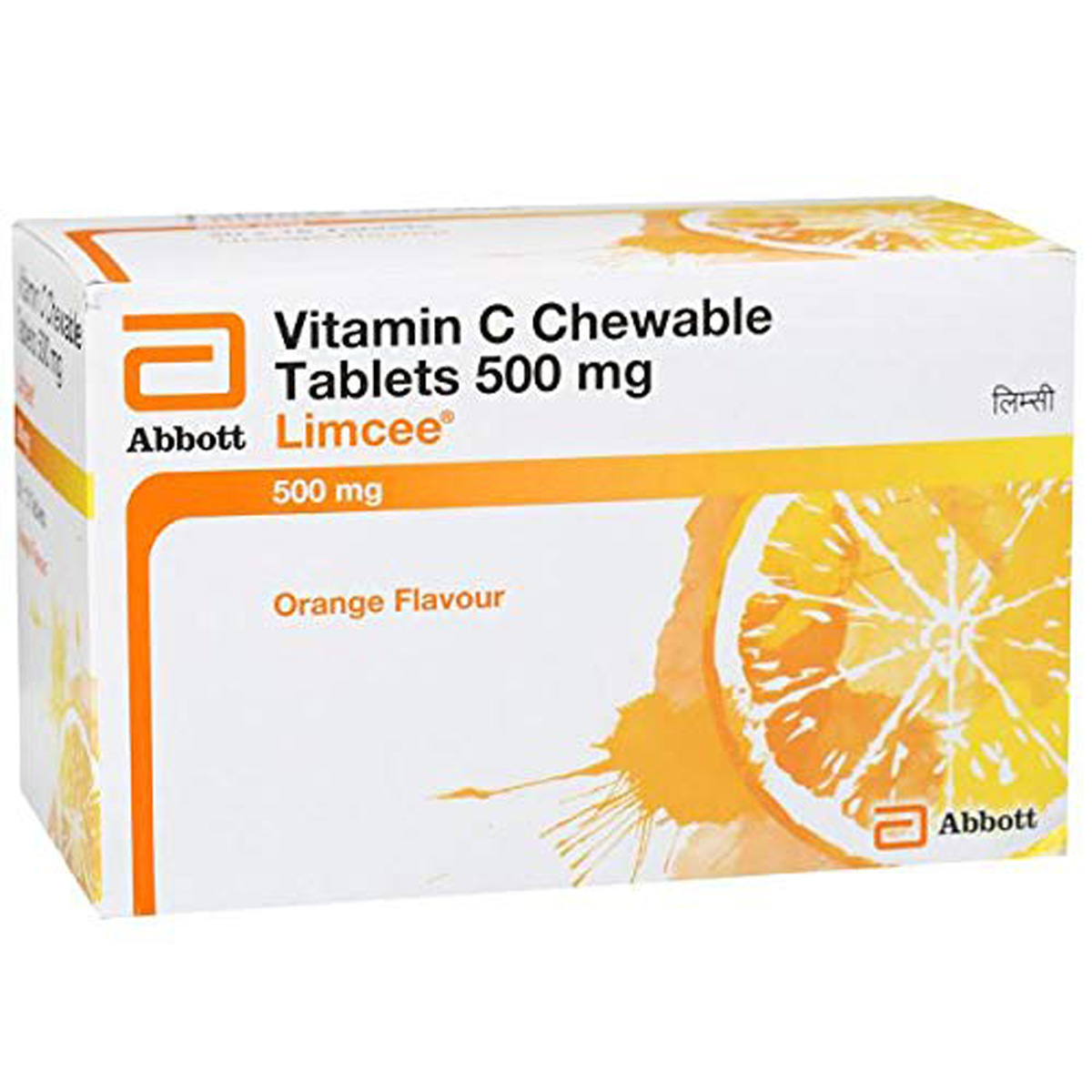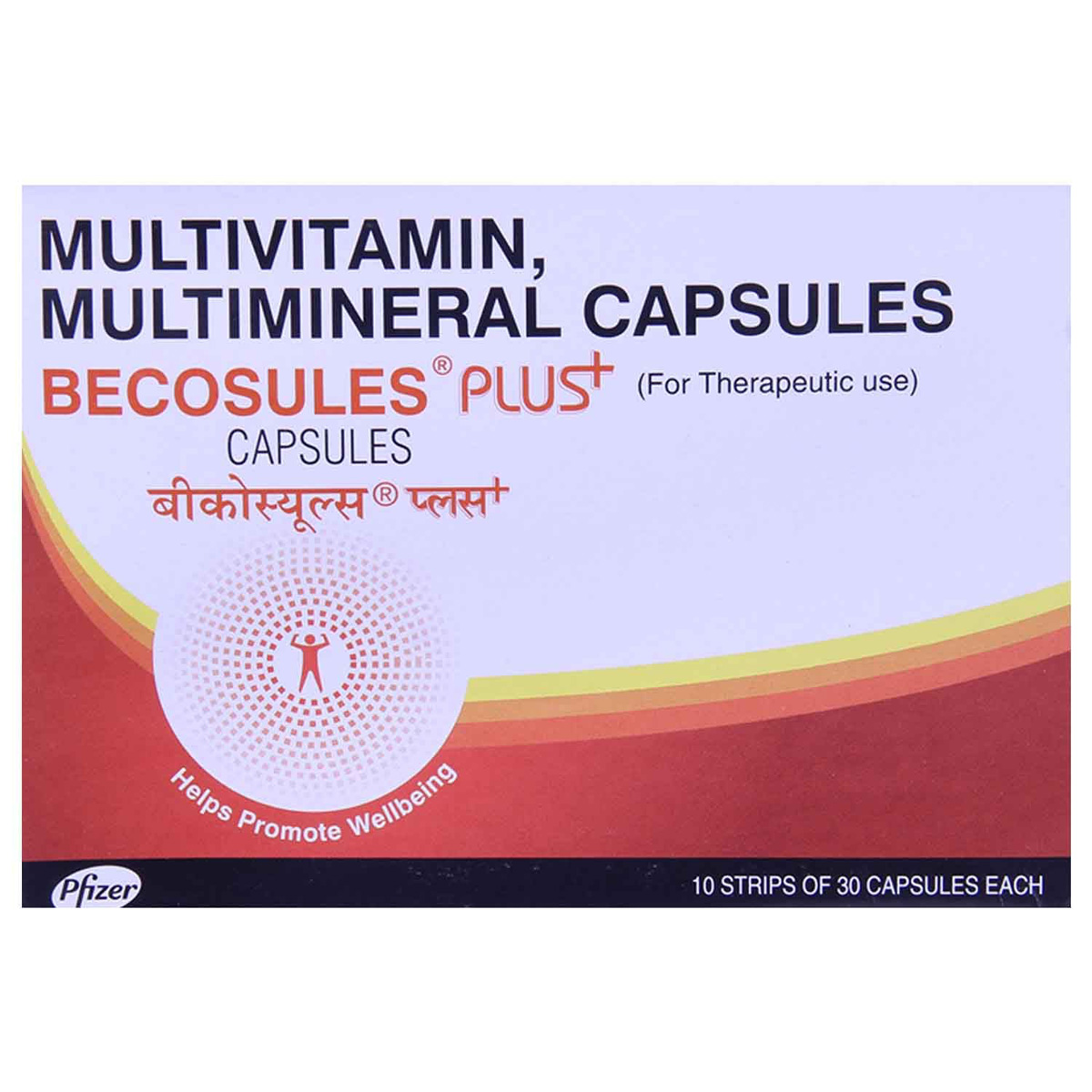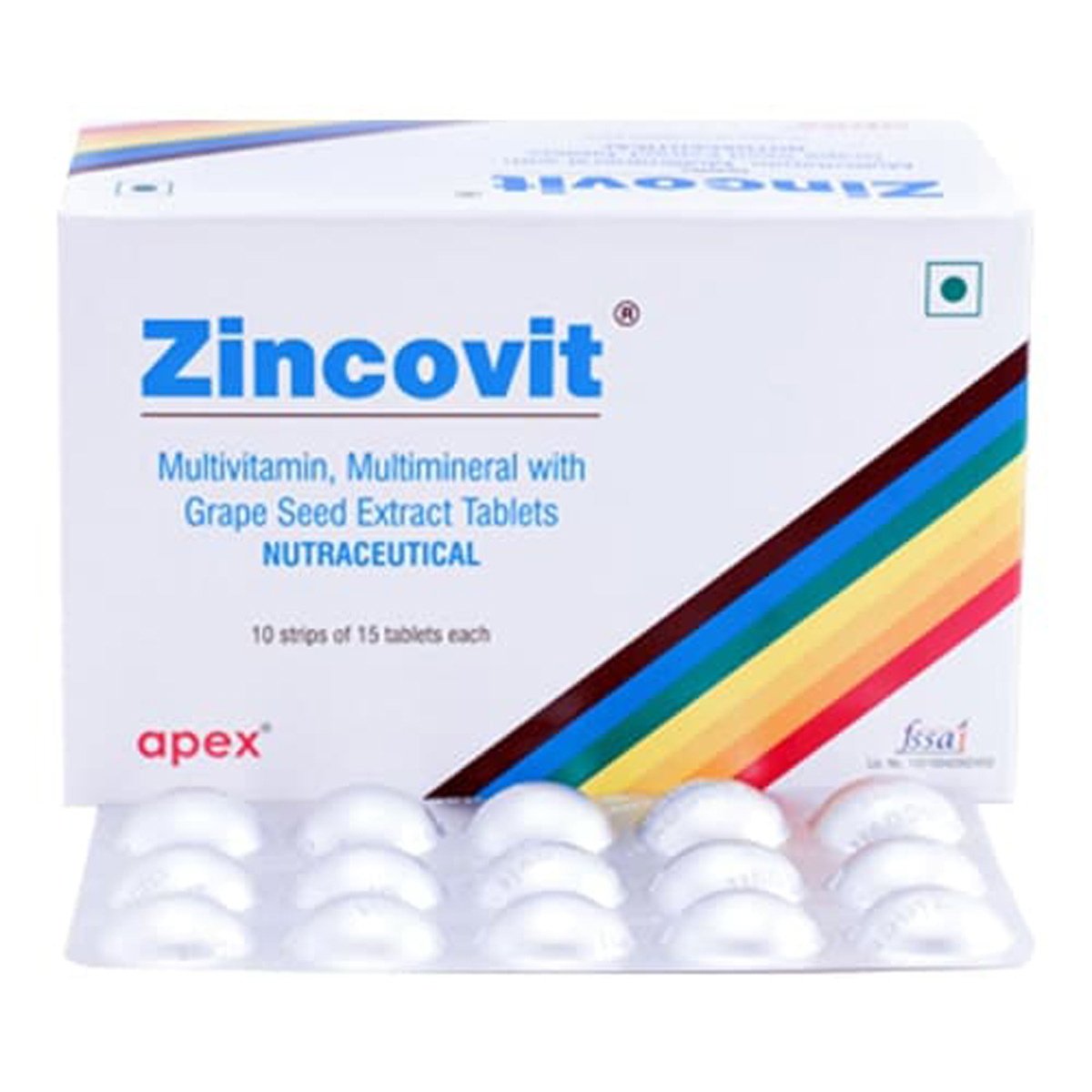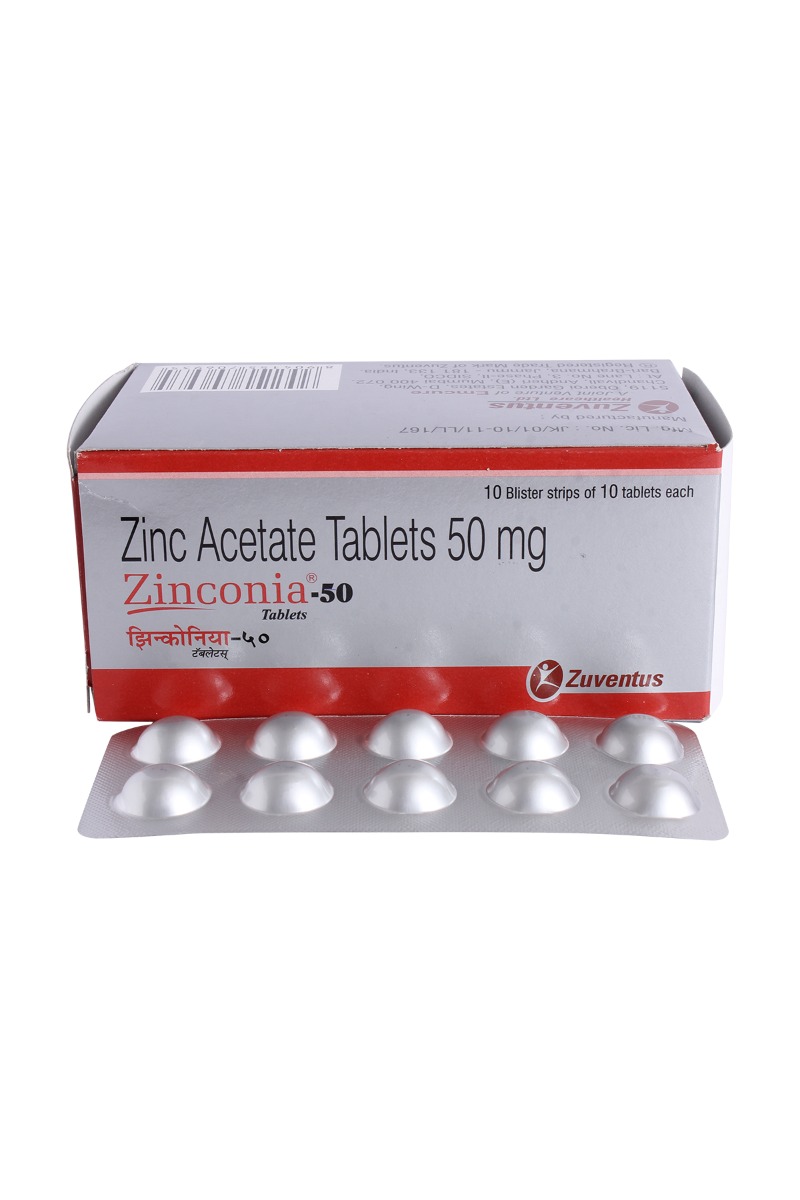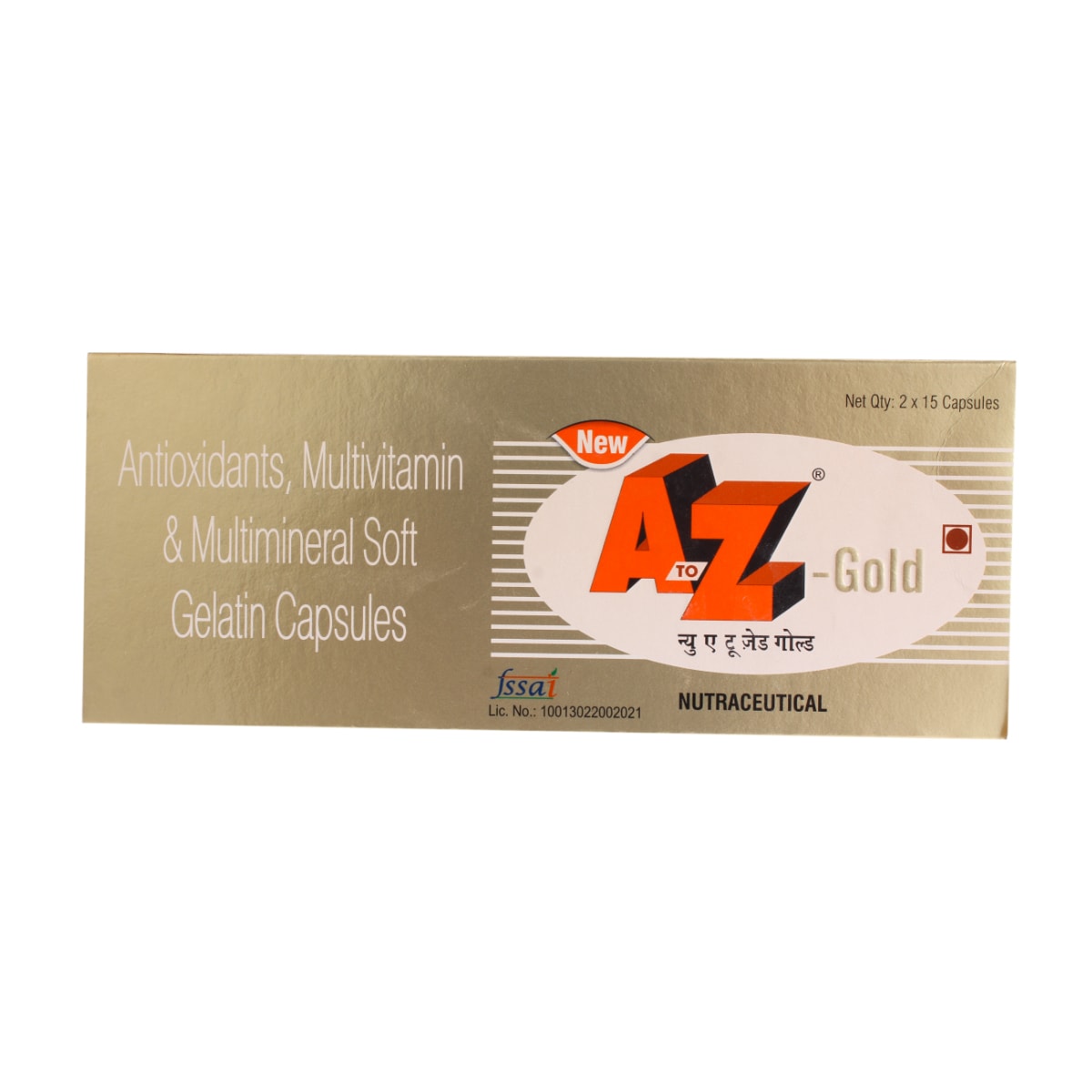Dexorange Syrup
MRP ₹197.5
(Inclusive of all Taxes)
₹29.6 Cashback (15%)
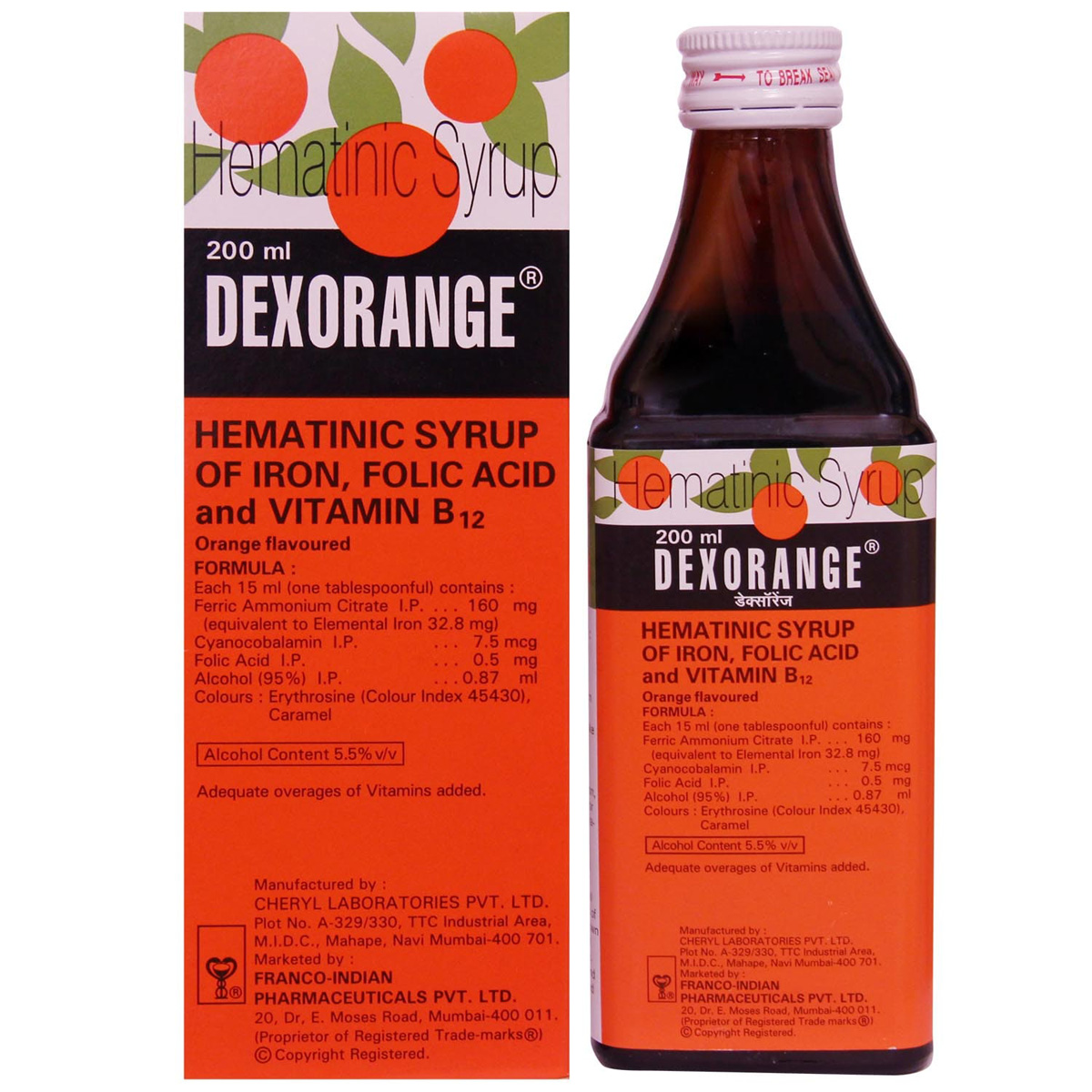
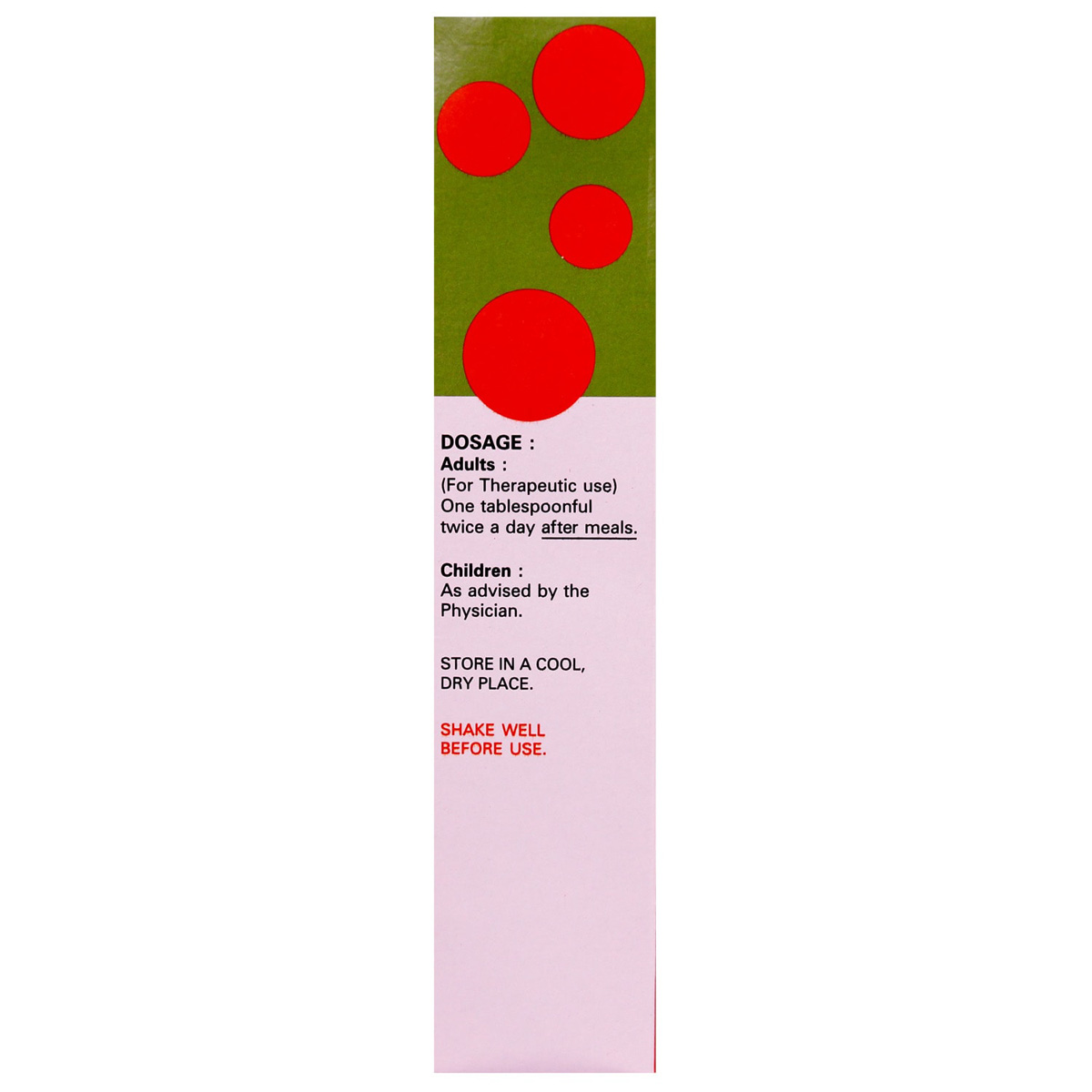
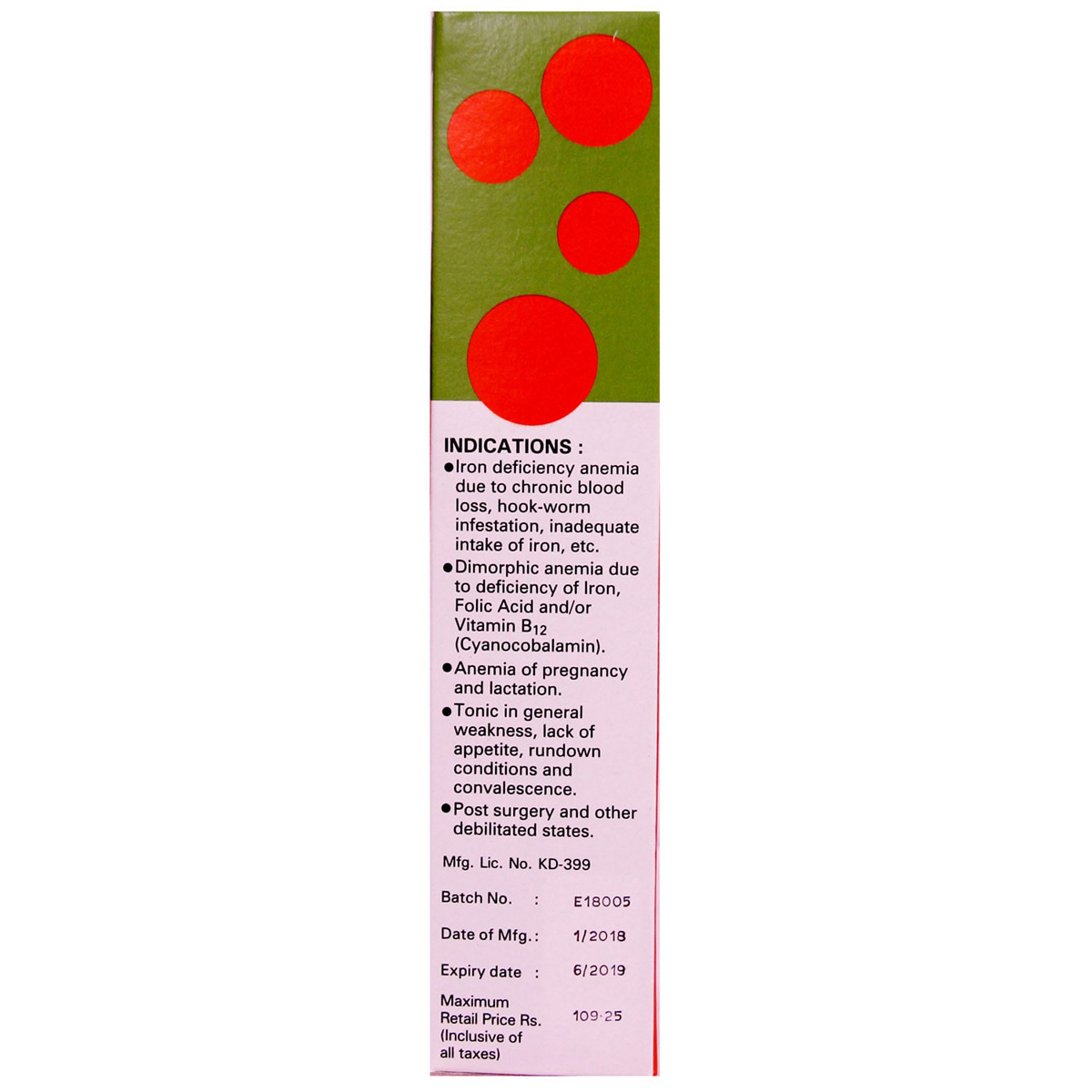
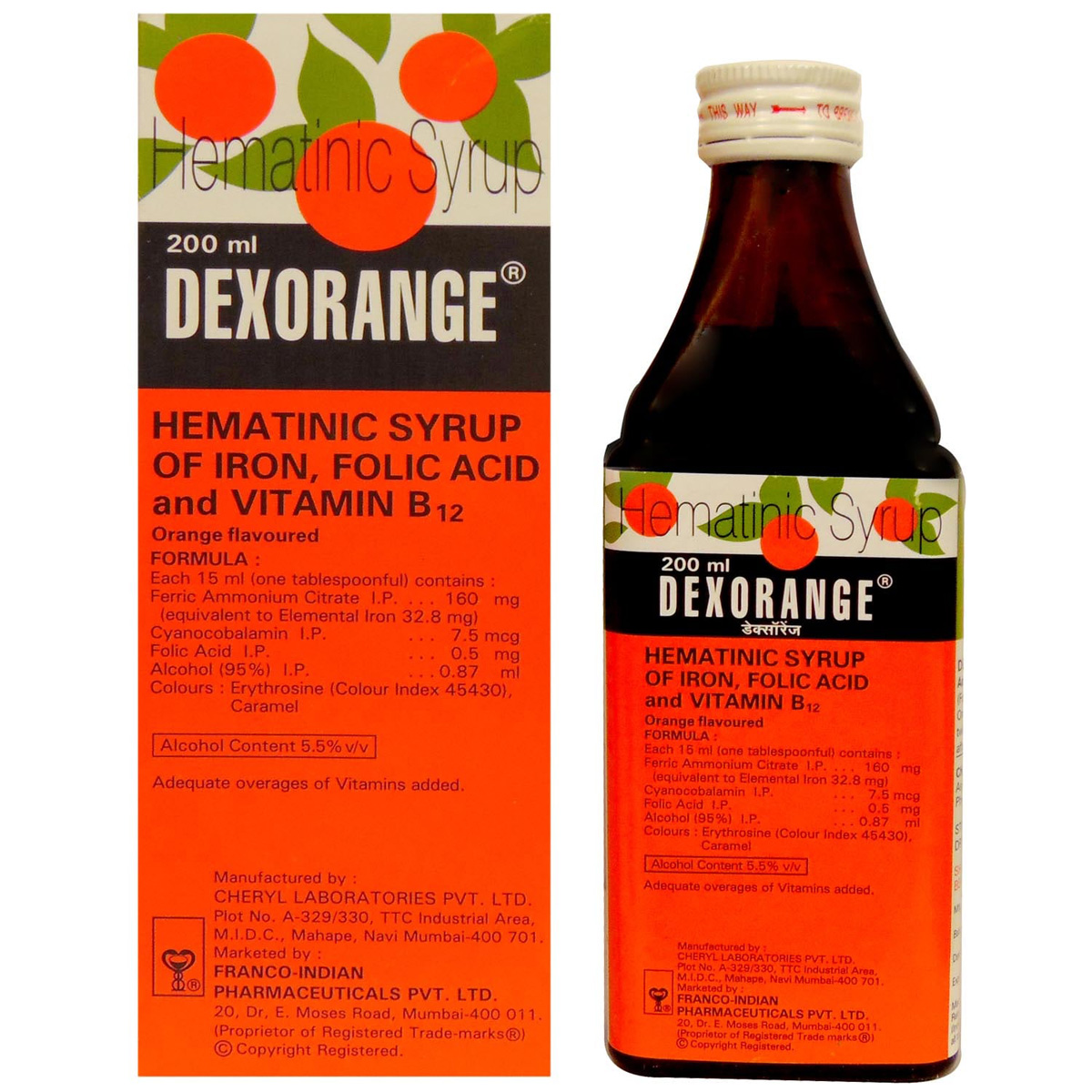
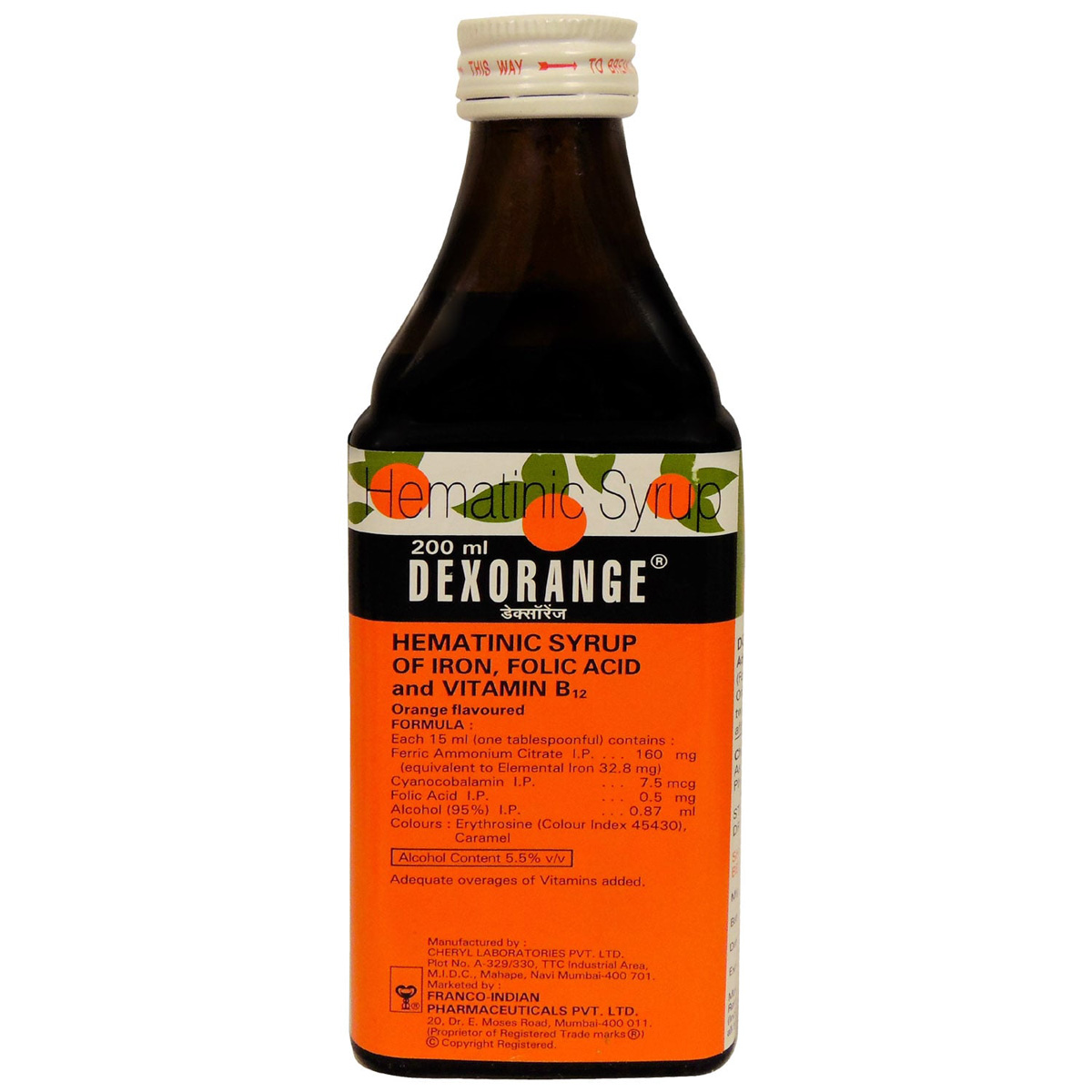
Available Offers
Therapeutic Class
Author Details
We provide you with authentic, trustworthy and relevant information
Drug-Drug Interactions Checker List
- NITROFURANTOIN
- METHOTREXATE
- PYRIMETHAMINE
- PHENOBARBITAL
- PHENYTOIN
- PRIMIDONE
Drug-Drug Interactions
Drug-Drug Interactions
Login/Sign Up
Coadministration of Dexorange Syrup 200 ml and Cholestyramine may interfere with the absorption of Dexorange Syrup 200 ml.
How to manage the interaction:
Although taking Cholestyramine and Dexorange Syrup 200 ml together can result in an interaction, they can be taken together if prescribed by a doctor. However, if you experience Constipation, Diarrhea, Stomach pain, Nausea, or Loss of appetite, consult a doctor. Do not stop using any medications without consulting a doctor.
Sulfadiazine may decrease the blood levels and effects of Dexorange Syrup 200 ml.
How to manage the interaction:
Although there is a possible interaction between Dexorange Syrup 200 ml and Sulfadiazine, you can take these medicines together if prescribed by your doctor.
Co-administration of Dexorange Syrup 200 ml with Capecitabine may increase the risk of serious side effects such as bleeding problems, anemia, infections, and nerve damage.
How to manage the interaction:
Although there is a possible interaction between Dexorange Syrup 200 ml and Capecitabine, you can use these medicines together if prescribed by the doctor. However, if you experience paleness of skin, diarrhea, severe nausea and vomiting, over-tiredness, dizziness, fainting, blood in the stools, unusual bleeding or bruising, fever, chills, body aches, flu-like symptoms, skin reactions, mouth ulcers or sores, and/or numbness, burning or tingling sensation in the hands and feet, contact a doctor. Do not discontinue the medication without consulting a doctor. Do not discontinue the medication without consulting a doctor.
Coadministration of Dexorange Syrup 200 ml and Carbamazepine may reduce the blood levels of Dexorange Syrup 200 ml.
How to manage the interaction:
Although there is a possible interaction between Dexorange Syrup 200 ml and Carbamazepine, you can take these medicines together if prescribed by your doctor. However, if your condition changes or you experience loss of seizure control, contact your doctor.
Coadministration of Dexorange Syrup 200 ml and Fluorouracil may increase the effects of Fluorouracil and increase the risk of serious side effects such as bleeding problems, anaemia (lack of blood), infections, and nerve damage.
How to manage the interaction:
Although there is a possible interaction between Dexorange Syrup 200 ml and Fluorouracil, you can take these medicines together if prescribed by your doctor. However, if you experience diarrhoea, paleness of skin, severe nausea and vomiting, over-tiredness, dizziness, fainting, blood in the stools, unusual bleeding or bruising, fever, chills, body pains, flu-like symptoms, skin reactions, mouth ulcers or sores, and/or numbness, burning or tingling in your hands and feet, contact your doctor.
Trimethoprim may decrease the blood levels and effects of Dexorange Syrup 200 ml.
How to manage the interaction:
Although there is a possible interaction between Dexorange Syrup 200 ml and Trimethoprim, you can take these medicines together if prescribed by your doctor. Do not stop using any medications without consulting your doctor.
Drug-Food Interactions
Drug-Food Interactions
Login/Sign Up
Drug-Diseases Interactions
Drug-Diseases Interactions
Login/Sign Up
Drug Warnings
Do not take Dexorange Syrup if you are allergic to any of its components. Inform your doctor if you have a blood disorder, stomach ulcers, folate dependant tumour, iron overload syndrome, stomach bleeding, stomach/intestinal disorder, diabetes, heart, kidney, liver problems or if you receive blood transfusions. Consult a doctor if you are pregnant or breastfeeding. Dexorange Syrup should be given to children only if advised by the doctor. Let your doctor know if you are using any other medicines, or herbal products before starting Dexorange Syrup .
Side Effects of Dexorange Syrup
- Stomach upset
- Constipation
- Diarrhoea
- Nausea
- Vomiting
Directions for Use
Medicinal Benefits Mweb
Key Benefits
Dexorange Syrup is a combination of three supplements, namely: Cyanocobalamin, Ferric ammonium citrate, and Folic acid. Dexorange Syrup is used to treat and prevent nutritional deficiencies. Cyanocobalamin helps in the proper functioning of the brain, nerves and the production of red blood cells. Ferric ammonium citrate acts as a source of iron which helps in the transportation of oxygen throughout the body and the production of red blood cells. Folic acid is necessary for various bodily functions, such as nucleotide biosynthesis and remethylation of homocysteine. Together, Dexorange Syrup helps in treating nutritional deficiencies.
Uses of Dexorange Syrup
About Dexorange Syrup
Dexorange Syrup belongs to the group of medicines called nutritional supplements used to treat and prevent nutritional deficiencies such as iron deficiency, anaemia, and folic acid deficiency. A nutritional deficiency occurs when the body does not absorb or get enough nutrients from food. Vitamins and minerals are necessary for body development and the prevention of diseases.
Dexorange Syrup contains Cyanocobalamin, Ferric ammonium citrate, and Folic acid. Cyanocobalamin is essential for growth, cell production, protein and tissue synthesis. Ferric ammonium citrate acts as a source of iron which helps in the transportation of oxygen throughout the body and the production of red blood cells. Folic acid is necessary for various bodily functions, such as the production of red blood cells, growth, and development. Together, Dexorange Syrup helps in treating nutritional deficiencies.
You are advised to take Dexorange Syrup for as long as your doctor has recommended it for you, depending on your medical condition. In some cases, you may experience certain common side-effects such as stomach upset, constipation, diarrhoea, nausea, and vomiting. Most of these side effects do not require medical attention and will resolve gradually over time. However, you are advised to talk to your doctor if you experience these side effects persistently.
Let your doctor know if you are taking any other medicines or herbal products before starting Dexorange Syrup . If you are known to be allergic to any of the components in Dexorange Syrup , please inform your doctor. Consult your doctor before taking Dexorange Syrup if you are pregnant or breastfeeding. Dexorange Syrup should not be given to children unless advised by a doctor. It is unknown if alcohol interacts with Dexorange Syrup , so please consult a doctor.
Online payment accepted
know your delivery time
Provide Delivery Location
Author Details
We provide you with authentic, trustworthy and relevant information
Therapeutic Class
All Substitutes & Brand Comparisons
RX
Out of StockNicofer Syrup 300 ml
Abbott India Ltd
₹64
(₹0.19/ 1ml)
78% CHEAPERRX
Heamnic Syrup 200 ml
Dr Moni Pharmaceuticals Pvt Ltd
₹132.5
(₹0.6/ 1ml)
32% CHEAPER
- Drink water or other clear fluids.
- To prevent worsening of pain, limit intake of tea, coffee, or alcohol.
- Include bland foods like rice, toast, crackers, and rice in your diet.
- Avoid lying down immediately after eating as it may cause indigestion or heartburn.
- Avoid acidic and spicy food as it may cause indigestion.
- Inform your doctor about the nausea and discuss possible alternatives to the medication or adjustments to the dosage.
- Divide your daily food intake into smaller, more frequent meals to reduce nausea.
- Opt for bland, easily digestible foods like crackers, toast, plain rice, bananas, and applesauce.
- Avoid certain foods that can trigger nausea, such as fatty, greasy, spicy, and smelly foods.
- Drink plenty of fluids, such as water, clear broth, or electrolyte-rich beverages like coconut water or sports drinks.
- Use ginger (tea, ale, or candies) to help relieve nausea.
- Get adequate rest and also avoid strenuous activities that can worsen nausea.
- Talk to your doctor about taking anti-nausea medication if your nausea is severe.
- Record when your nausea occurs, what triggers it, and what provides relief to help you identify patterns and manage your symptoms more effectively.
- Tell your doctor about your GAS symptoms. They may change your medication regimen or prescribe additional drugs to help you manage them.
- To manage GAS symptoms, eat a balanced diet of fibre, vegetables, and fruits.
- Drink enough water throughout the day to avoid constipation and treat GAS symptoms.
- Regular exercise like yoga and walking may help stimulate digestion and alleviate GAS symptoms.
- Take probiotics only if your doctor advises, as they may help alleviate GAS symptoms by promoting gut health.
- Take medication for GAS symptoms only if your doctor advises, as certain medications can interact with your existing prescriptions or worsen symptoms.
- If symptoms persist, worsen, or are accompanied by severe abdominal pain, vomiting, or bleeding, seek immediate medical attention.

Have a query?
Verified Buyers Reviews
Side Effects
- Stomach Pain
- Allergic Reaction
- Loss of appetite
- Nausea
- Gas Or Fart
If any of the above side effects continue or intensify, seek medical advice. Professional guidance may be necessary for appropriate care and treatment adjustments.
Buy best Health & Nutrition products by
Vlado Sky Enterprise Pvt Ltd
Abbott India Ltd
Sun Pharmaceutical Industries Ltd
Apollo Healthco Limited
Zydus Healthcare Ltd
Macleods Pharmaceuticals Ltd
West Coast Pharmaceuticals Pvt Ltd
Intas Pharmaceuticals Ltd
Mankind Pharma Pvt Ltd
Meyer Organics Pvt Ltd
Emcure Pharmaceuticals Ltd
Lupin Ltd
Alkem Laboratories Ltd
Nutritionalab Pvt Ltd
Eris Life Sciences Ltd
Akumentis Healthcare Ltd
British Biologicals
La Renon Healthcare Pvt Ltd
Cipla Ltd
Micro Labs Ltd
Zuventus Healthcare Ltd
Torrent Pharmaceuticals Ltd
Pharmed Ltd
Dr Reddy's Laboratories Ltd
Modi Mundipharma Pvt Ltd
Corona Remedies Pvt Ltd
Hindustan Unilever Ltd
Indchemie Health Specialities Pvt Ltd
Apex Laboratories Pvt Ltd
Koye Pharmaceuticals Pvt Ltd
Leeford Healthcare Ltd
Bioceutics Inc
East West Pharma India Pvt Ltd
Alniche Life Sciences Pvt Ltd
FDC Ltd
Alembic Pharmaceuticals Ltd
Aristo Pharmaceuticals Pvt Ltd
DR Johns Lab Pharma Pvt Ltd
Herbs Nutriproducts Pvt Ltd
Guardian Healthcare Services Pvt Ltd
Vasu Organics Pvt Ltd
Pulse Pharmaceuticals
Fourrts India Laboratories Pvt Ltd
TTK Healthcare Ltd
Raptakos Brett & Co Ltd
USV Pvt Ltd
Glanbia Performance Nutrition India Pvt Ltd
Morepen Laboratories Ltd
Innovcare Life Sciences Pvt Ltd
Linux Laboratories Pvt Ltd
Troikaa Pharmaceuticals Ltd
Cadila Pharmaceuticals Ltd
Bright Lifecare Pvt Ltd
Wockhardt Ltd
Sanofi India Ltd
Primus Remedies Pvt Ltd
Zydus Cadila
Kellogg India Pvt Ltd
Tablets India Ltd
Indoco Remedies Ltd
Medley Pharmaceuticals Ltd
Overseas Health Care Pvt Ltd
Procter & Gamble Health Ltd
Shri Balaji Overseas
Dabur India Ltd
Ordain Health Care Global Pvt Ltd
Systopic Laboratories Pvt Ltd
Ajanta Pharma Ltd
Daris Biocare
Health & Happiness (H&H) Trading India Pvt Ltd
Hexagon Nutrition Pvt Ltd
Nutricia International Pvt Ltd
Zee Laboratories Ltd
Aareen Healthcare Pvt Ltd
Aeronutrix Sports Products Pvt Ltd
Emami Ltd
Radicool Pharmaceuticals Pvt Ltd
Wanbury Ltd
Biovitamins Pvt Ltd
Cadila Healthcare Ltd
Esmatrix Life Sciences Pvt Ltd
Ipca Laboratories Ltd
Klm Laboratories Pvt Ltd
Lloyd Healthcare Pvt Ltd
Sain Medicaments Pvt Ltd
Septalyst Lifesciences Pvt Ltd
Tas Med India Pvt Ltd
Wallace Pharmaceuticals Pvt Ltd
Biorex Healthcare Pvt Ltd
Elbrit Life Sciences Pvt Ltd
Levin Life Sciences Pvt Ltd
Panacea Biotec Ltd
Adret Retail Pvt Ltd
Cipla Health Ltd
Delcure Life Sciences Ltd
Femura Pharmaceuticals Pvt Ltd
Gladstone Pharma India Pvt Ltd
GlaxoSmithKline Consumer Healthcare Ltd
Kepler Healthcare Pvt Ltd
Ronyd Healthcare Pvt Ltd
SPECIALITY SUPPLEMENT
CALCIUM
IRON
VITAMIN D
COLLAGEN
VITAMIN B12
VITAMIN C
FISH OIL OMEGA
VITAMIN B
MULTIVITAMIN
Adult Nutrition Drink
ZINC
SEXUAL HEALTH SUPPLEMENT
WHEY PROTEIN
Kids Nutrition Drink
VITAMIN B9
ENERGY DRINK
SPECIALITY NUTRITION DRINK
DRY FRUIT
HERBAL JUICE
VITAMIN E
Prebiotic & Probiotic
ORS
SUGAR SUBSTITUTE
WOMEN & MOTHER NUTRITION DRINK
Chyawanprash
MAGNESIUM
Protein Bar
BREAKFAST CEREAL
Protein Powder
BIOTIN
DIABETIC NUTRITION DRINK
Honey
WEIGHT LOSS
Fat Burner
PLANT PROTEIN POWDER
VITAMIN B1
Apple Cider Vinegar
MELATONIN
APPETITE STIMULANT
Meal Replacement
Peanut Butter
AMINO ACID
Flax seed Oil
INFUSION TEA
NUT & SEED
Ashwagandha
Instant Food
OATS
Olive Oil
Mass Gainer
Pre Workout
CURCUMIN
POTASSIUM
VITAMIN A
DISKETTE
L-Carnitine
Cod Liver Oil
CREATINE
MILLETS & CEREALS
VITAMIN B6
ARGININE
COENZYME Q10
Shilajit
Appetite Suppressant
Chromium
MILK THISTLE
Glutathione
VITAMIN B2
VITAMIN K
L-Glutamine
MORINGA
GARCINIA CAMBOGIA
GREEN TEA
SPIRULINA
ALPHA-LIPOIC ACID
GLUCOSAMINE
GOKSHURA
BCAA Protein Powder
GILOY
NEEM
SAFFRON
SELENIUM
TRIPHALA
Tulsi
VITAMIN B3
VITAMIN B5
Brahmi
CANDIES
FRUIT JUICE
Face Gel
Specialty Supplements
WEIGHT GAINER
WHEAT GRASS POWDER
Frequently Bought Together


_0.jpg?tr=q-85)



